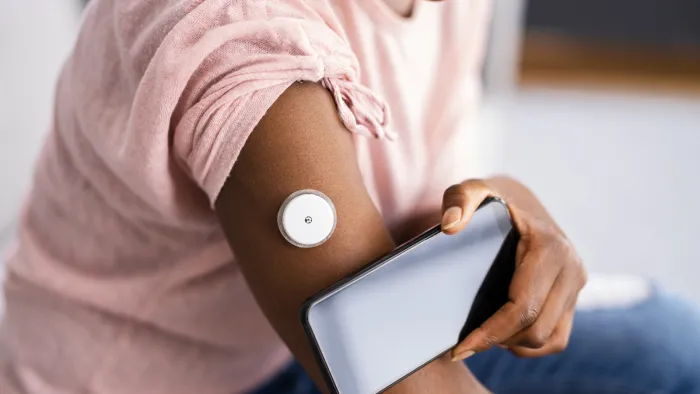
For this study the researchers analysed data from OpenPrescribing, the National Diabetes Audit and Public Health England to explore whether access to CGMs varied by ethnicity, age or levels of deprivation.
They found that White populations generally had greater access, while Afro-Caribbean and South Asian groups were prescribed fewer CGMs per 1,000 people.
Their review also revealed wide regional differences across England, largely influenced by how effectively local NHS boards have implemented NICE guidance.
The research was supported by the National Institute for Health and Care Research (NIHR) Applied Research Collaboration (ARC) East Midlands.
Professor Sam Seidu, Clinical Professor in Primary Care Diabetes and Cardio-metabolic Medicine at the University of Leicester, said: “These findings show that there are deep inequalities in access to life-changing diabetes technology in England.
“If left unaddressed, these inequalities mean that people in minority ethnic groups may face even worse outcomes because they are being left behind in access to modern care.”
He added: “CGMs not only improve quality of life but also help prevent hospitalisations and long-term complications.
“This translates into better health for people with diabetes and lower costs for the NHS, provided all regions follow NICE guidance and prioritise outreach to underserved groups.”
Professor Kamlesh Khunti, Director of NIHR ARC East Midlands and the Real World Evidence Unit and Professor of Primary Care Diabetes and Vascular Medicine at the University of Leicester, stated: “Ensuring fair access to continuous glucose monitoring is not only a matter of improving diabetes care but also of tackling entrenched health inequalities.
“Our study highlights that the very communities most at risk of diabetes are being disadvantaged in accessing technologies that could transform their lives. Closing this gap must be a priority for clinicians, commissioners and policymakers alike.”
To access the full research study, click here: https://onlinelibrary.wiley.com/doi/10.1111/dme.70130.
